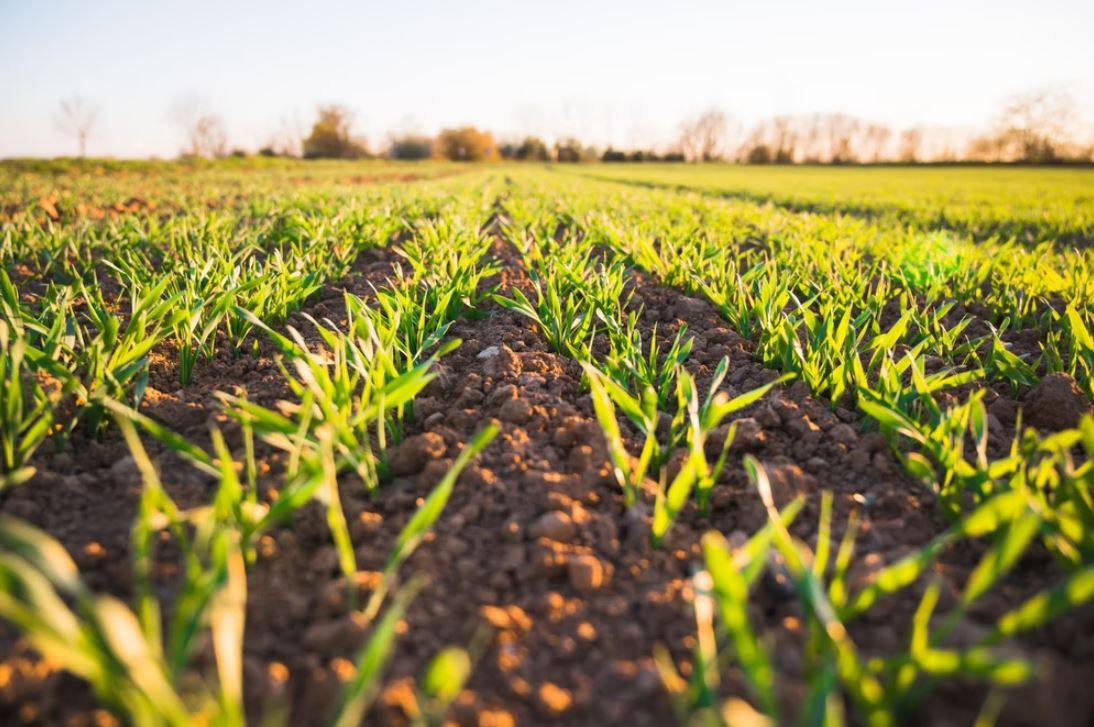
Zero-Budget Natural Farming (ZBNF) has returned to the top of the government's priority list, with Prime Minister Narendra Modi set to highlight it at a national conclave in Gujarat later this week.
Despite the lack of scientific studies demonstrating the impact of the method, which largely relies on replacing chemical pesticides and fertilizers with concoctions made from indigenous cow dung and urine, Agriculture Secretary Sanjay Agrawal told journalists on Monday that the Centre has sanctioned support for converting 4 lakh hectares in 8 States to ZBNF methods this year.
He added that the committee to discuss minimum support price guarantees is also expected to promote ZBNF and would be formed very soon.
Mission-driven Approach:
The Prime Minister has announced the formation of this [committee]. “It must be undertaken on a mission basis, as well as on a zero-budget basis for natural farming. It will be set up very soon, in the near future,” he said, declining to answer further questions about the committee's composition, mandate, or timeline.
The committee is part of the agreement reached by the government with farm unions under the banner of the Samyukt Kisan Morcha, which ended their year-long agitation on Delhi's outskirts last week. One of their main demands was a legal guarantee for MSP.
No Large-Scale Scientific Study
Despite the fact that no large-scale scientific study has yet provided proof of ZBNF's effectiveness, Agrawal stated that the growing number of farmers adopting the method, particularly in Gujarat and Andhra Pradesh, indicated that they had experienced its benefits. "Just because something is unproven doesn't mean it's bad. Although scientific studies have not been completed, it is being proven in the field. "It's the farmers' own practices that are demonstrating this," he said.
Andhra Pradesh has the highest ambition of the eight states that have submitted proposals for support under the Centre's Paramparagat Krishi Vikas Yojana, bringing one lakh additional hectares of land under ZBNF, followed by Chhattisgarh and Gujarat.
The ZBNF method is intended to lower input costs by eliminating the need for costly fertilizers and pesticides, as well as to protect soil health and conserve water resources.
Senior agricultural scientists were also concerned about a wholesale shift to unproven methods. The Indian Council for Agricultural Research is conducting ongoing studies on the impact of ZBNF methods on productivity, economics, and soil health at multiple locations in northwestern India's grain basket States, but has yet to release any results.









